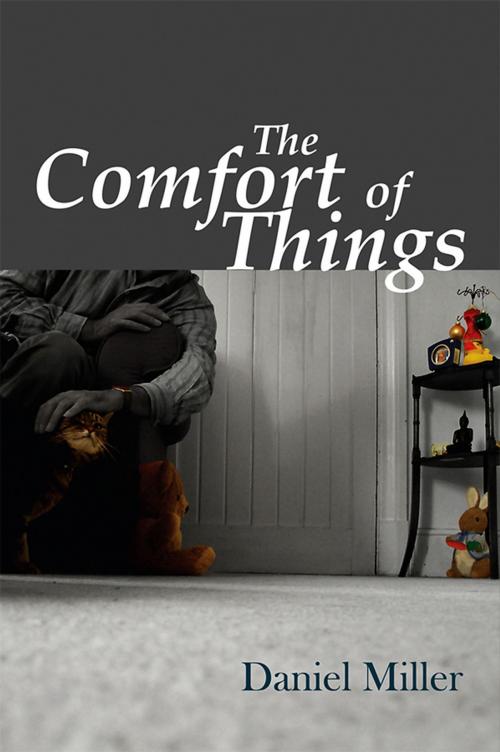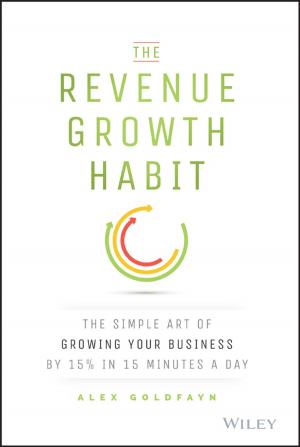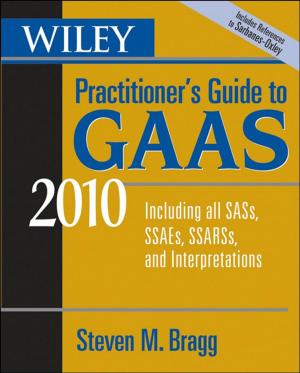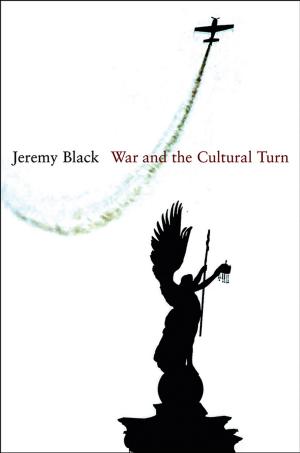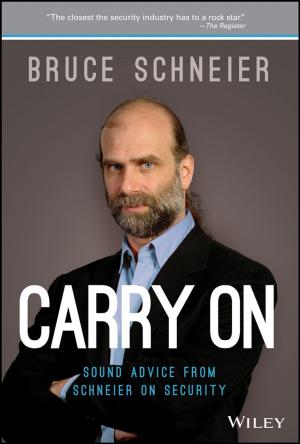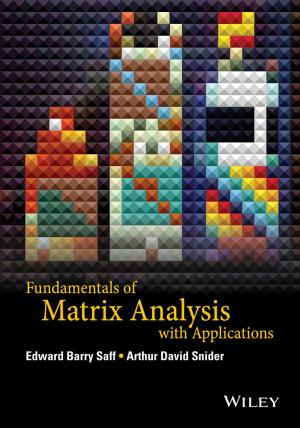| Author: | Daniel Miller | ISBN: | 9780745655369 |
| Publisher: | Wiley | Publication: | April 24, 2013 |
| Imprint: | Polity | Language: | English |
| Author: | Daniel Miller |
| ISBN: | 9780745655369 |
| Publisher: | Wiley |
| Publication: | April 24, 2013 |
| Imprint: | Polity |
| Language: | English |
What do we know about ordinary people in our towns and cities, about what really matters to them and how they organize their lives today? This book visits an ordinary street and looks into thirty households. It reveals the aspirations and frustrations, the tragedies and accomplishments that are played out behind the doors. It focuses on the things that matter to these people, which quite often turn out to be material things – their house, the dog, their music, the Christmas decorations. These are the means by which they express who they have become, and relationships to objects turn out to be central to their relationships with other people – children, lovers, brothers and friends.
If this is a typical street in a modern city like London, then what kind of society is this? It’s not a community, nor a neighbourhood, nor is it a collection of isolated individuals. It isn’t dominated by the family. We assume that social life is corrupted by materialism, made superficial and individualistic by a surfeit of consumer goods, but this is misleading. If the street isn’t any of these things, then what is it?
This brilliant and revealing portrayal of a street in modern London, written by one the most prominent anthropologists, shows how much is to be gained when we stop lamenting what we think we used to be and focus instead on what we are now becoming. It reveals the forms by which ordinary people make sense of their lives, and the ways in which objects become our companions in the daily struggle to make life meaningful.
What do we know about ordinary people in our towns and cities, about what really matters to them and how they organize their lives today? This book visits an ordinary street and looks into thirty households. It reveals the aspirations and frustrations, the tragedies and accomplishments that are played out behind the doors. It focuses on the things that matter to these people, which quite often turn out to be material things – their house, the dog, their music, the Christmas decorations. These are the means by which they express who they have become, and relationships to objects turn out to be central to their relationships with other people – children, lovers, brothers and friends.
If this is a typical street in a modern city like London, then what kind of society is this? It’s not a community, nor a neighbourhood, nor is it a collection of isolated individuals. It isn’t dominated by the family. We assume that social life is corrupted by materialism, made superficial and individualistic by a surfeit of consumer goods, but this is misleading. If the street isn’t any of these things, then what is it?
This brilliant and revealing portrayal of a street in modern London, written by one the most prominent anthropologists, shows how much is to be gained when we stop lamenting what we think we used to be and focus instead on what we are now becoming. It reveals the forms by which ordinary people make sense of their lives, and the ways in which objects become our companions in the daily struggle to make life meaningful.
